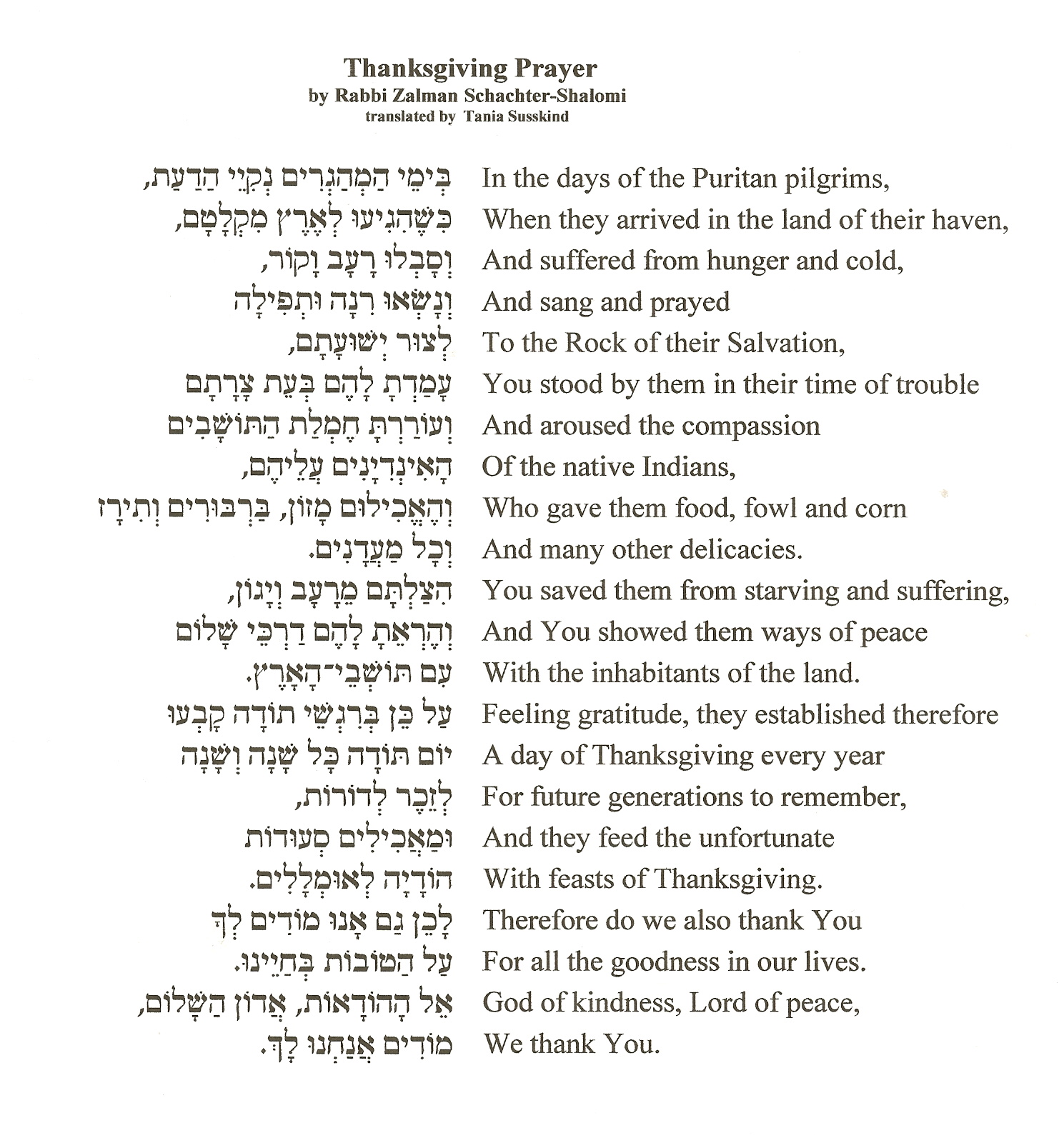Jerusalem And The Complete Redemption
Sunday, November 4th, 2007Referring to the recent move for dividing Jerusalem into two capitals, Reb Zalman writes: “Today there seems to be a gathering momentum for various schemes to divide/share Jerusalem between the State of Israel and the State of Palestine. The current political vision is somehow awkward in comparison to what I wrote in 1967 and published in my Paradigm Shift. Had we acted then, so much bloodshed could have been prevented. It would pay to keep this vision in mind and to massage it to the current situation.”
When the 1967 article was published in 1993, Reb Zalman wrote the following introduction: “This article, not accepted by several Jewish journals in May 1967, was written in response to the gathering clouds of the 1967 war. It was written about the same time as my response to Richard Rubenstein‘s “Homeland and Holocaust” that appeared in The Religious Situation, 1968. There I wrote, among other things, a proposal that we set aside one penny per gallon of gas to contribute to the United Jewish Appeal to be earmarked for the resettlement of Palestinian refugees.
“The United Nations is today not the instrument it could have become then. Perhaps in the current conflicts about the territories, we are approaching another nexus for rethinking these issues.”
What follows is a reprint of Reb Zalman’s 1967 article:
JERUSALEM AND THE COMPLETE REDEMPTION
Jerusalem must be internationalized. This is the burden of these lines. The purpose of an internationalized Jerusalem is to make it possible for the Jews to keep Jerusalem, while at the same time opening the way for the complete redemption.
There are many intoxicants in humanity’s blood. Some of them are the result of the inhalation or ingestion of foreign substances; others are the result of experiences lived through. Pride, victory, and success create such intoxicants, and the voice that tries to speak a sobering word is shouted down.
This is an attempt to say a sobering word in the service of the same objectives that most Jews hold. Perhaps all we wish to do is to extend the aims and to make more feasible a long-range view of peace in the Middle East, along with the redemption of Israel and all nations.
